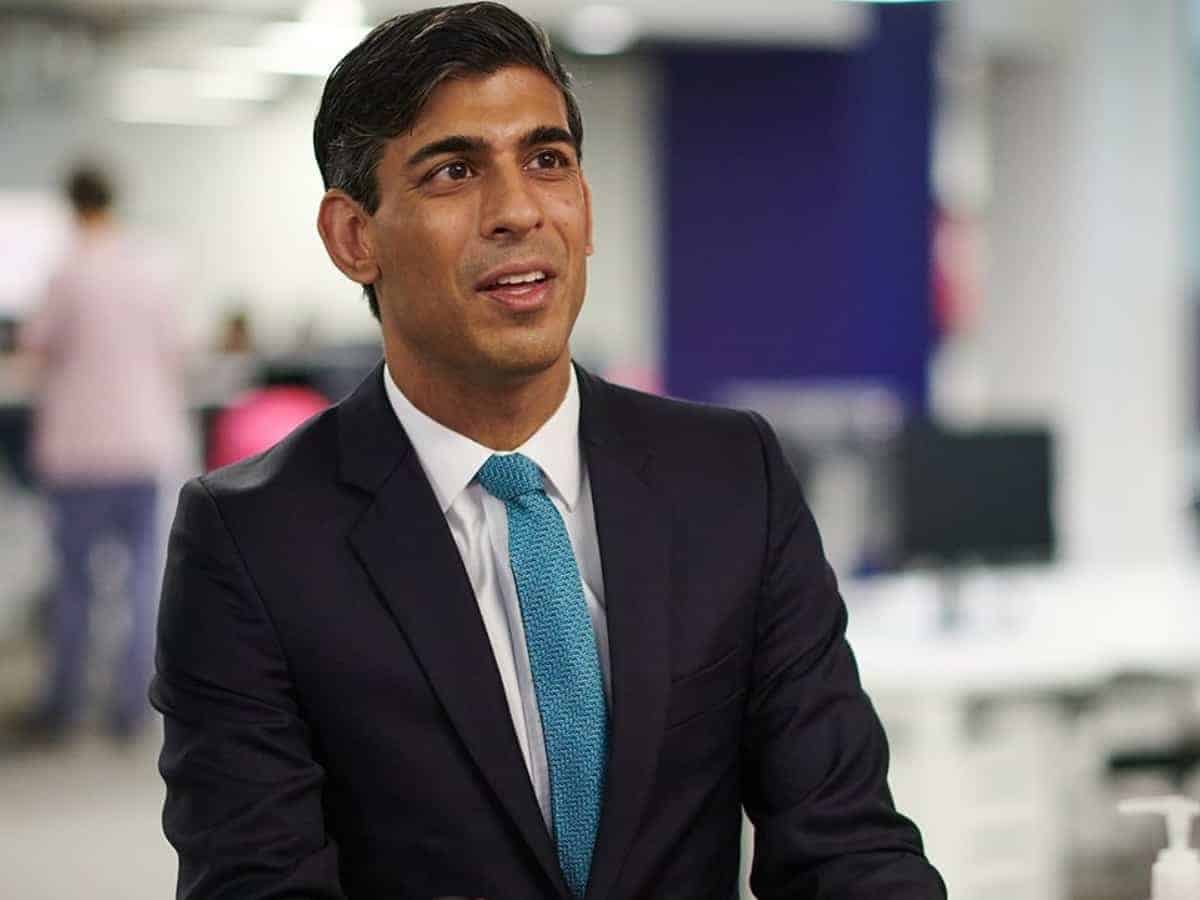
London: British Prime Minister Rishi Sunak has called on the country’s police chiefs to use the full spectrum of their powers to ensure that protests are not allowed to descend into “mob rule”.
The British Indian leader was speaking after a meeting at 10 Downing Street on Wednesday during which ministers and senior police chiefs agreed to sign up to a new “democratic policing protocol”.
It comes in the wake of growing security concerns for British MPs and some violent incidents during large-scale marches on the streets of the UK in protest over the raging Israel-Hamas conflict.
“There is a growing consensus that mob rule is replacing democratic rule. And we’ve got to collectively, all of us, change that urgently,” said Sunak.
“We simply cannot allow this pattern of increasingly violent and intimidatory behaviour which is, as far as anyone can see, intended to shout down free debate and stop elected representatives doing their job. That is simply undemocratic,” he said.
He said it was right that the new protocol committed to extra patrols and provided clarity by stating that protests at the homes of MPs, councillors and other democratically elected representatives should be “generally considered to be intimidatory”.
“I am going to do whatever it requires to protect our democracy and our values that we all hold dear. That is what the public expects. It is fundamental to our democratic system. And also it is vital for maintaining public confidence in the police,” he added.
Last week, four people were charged with criminal damage following a protest by climate activists at Sunak’s constituency home in North Yorkshire last August.
Under the new seven-point policing protocol signed this week and backed by an extra 31 million pounds in government funding, police forces would be expected to ensure any events involving any MPs or candidates in the run-up to the general election expected later this year get an “appropriate police response”.
The protocol makes clear that Section 42 of the UK’s Criminal Justice Act of 2001 gives police the right to direct protesters away from MPs’ homes on the basis that such demonstrations are “intimidatory”.
The College of Policing, which is responsible for police standards of practice, will issue guidance on policing of “democratic events”, including MPs’ surgeries or constituency meetings, fundraisers and protests.



